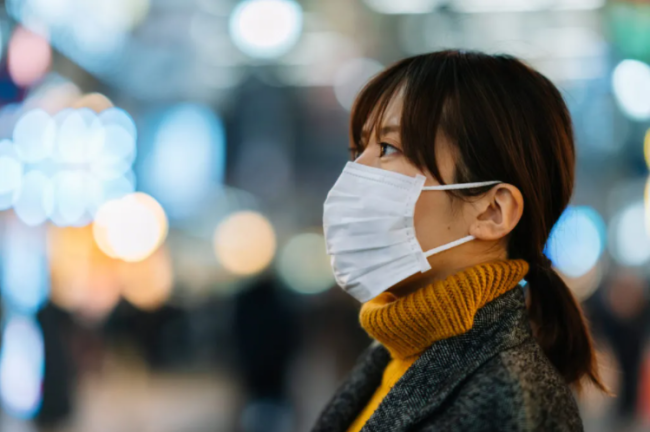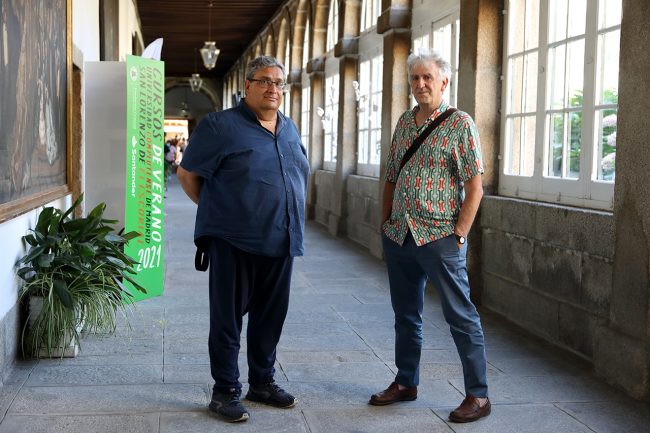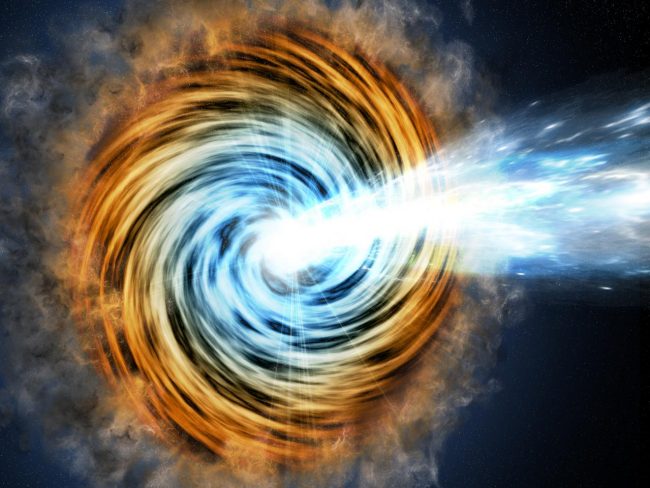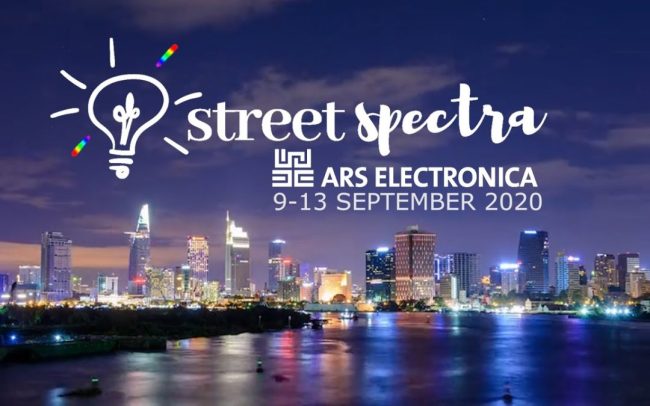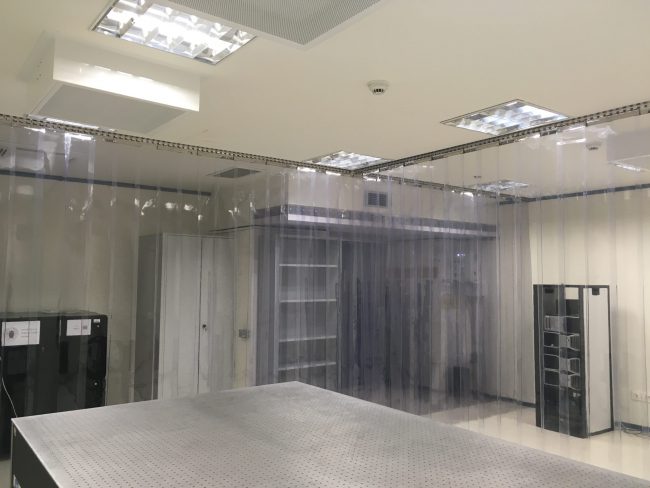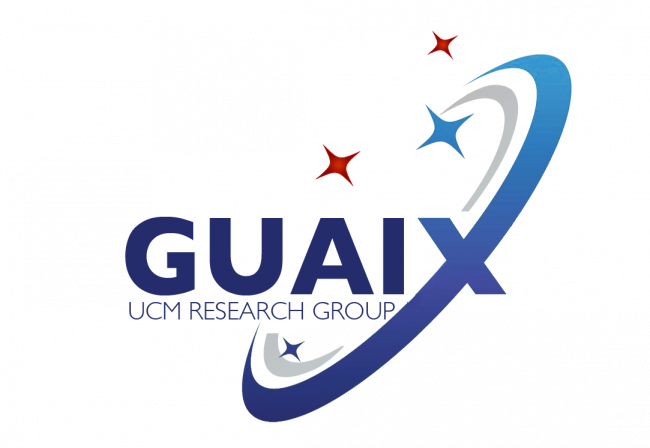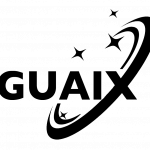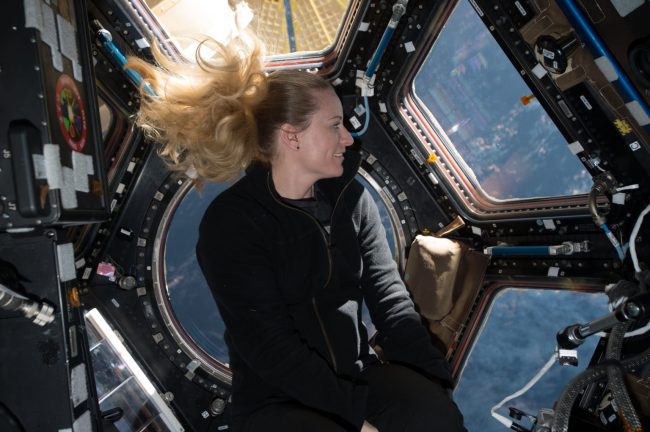Prof. Jaime Zamorano is awarded with the Crawford Hunter Lifetime Achievement
This award represents the highest honor that the International Dark-Sky Association (IDA) bestows upon individuals who, in the course of their lifetime, have contributed an extraordinary effort to light pollution abatement. Included in his many accomplishments, Jaime is a driving force of light pollution research in Europe with a clear focus on the promotion of…


